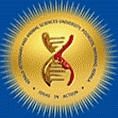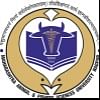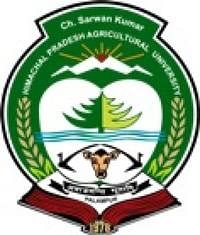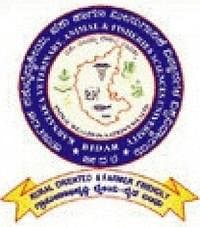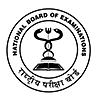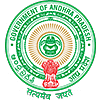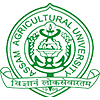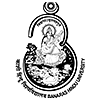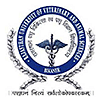MVSc Syllabus and Subjects

MVSc course durations curated into two years. The program is divided into four semesters. The syllabus for the Master of Veterinary Science course covers almost all the topics related to animal treatment and husbandry. It also provides a detailed understanding of different types of diseases occurring in animals. Some core Master of Veterinary Science subjects is Veterinary Pharmacology and Toxicology, Animal Genetics and Breeding, Veterinary Microbiology, Veterinary Surgery, Animal Nutrition, etc.
Semester Wise MVSc Syllabus
The Master of Veterinary Science syllabus is designed in such a way that it covers almost all the topics related to animal treatment and husbandry. MVSc course also provides a detailed understanding of different types of diseases occurring in animals. The Master of Veterinary Science course aims to ensure that students have all the knowledge they need to succeed.The course curriculum has both core and elective subjects. Semester wise MVSc subjects list is given below:
|
Semester I |
Semester II |
|
Veterinary Anatomy: comparative osteology and arthrology |
Veterinary Anatomy: comparative splanchnology |
|
Physiology of digestion |
Clinical physiology |
|
Hematology |
Advances in Immuno-physiology |
|
Animal Reproduction, Gynaecology, and Obstetrics |
Livestock Production and Management |
|
Veterinary Pharmacology and Toxicology |
Animal Genetics and Breeding |
|
Veterinary Parasitology |
- |
|
Veterinary Microbiology |
- |
|
Semester III |
Semester IV |
|
Animal Nutrition |
Veterinary dissertation |
|
Veterinary Medicine |
Clinical research |
|
Veterinary Surgery |
Internships |
|
Veterinary Radiology |
- |
|
Veterinary Public Health and Epidemiology |
- |
MVSc Subjects
MVSc subjects cover almost all the important topics related to veterinary sciences including Animal Nutrition, Veterinary Medicine, Haematology, Immunohistology, among others. Through this course, students learn about the anatomy of animals, immunology, how to do surgeries on animals, etc.
Listed below are few core subjects in the course:
- Veterinary Pharmacology and Toxicology
- Animal Genetics and Breeding
- Veterinary Microbiology
- Veterinary Surgery
- Animal Nutrition
MVSc Course Structure
MVSc course structure is designed in such a way that it includes both core and elective subjects. The course is of two years divided into four semesters. The aim of the course is to give an outline of the different aspects of an animal body and how to identify and treat the diseases that can affect animals throughout the two years.
- IV Semesters
- Core Subjects
- Elective Subjects
- Clinical Practice
- Internships
- Projects/Thesis Research
MVSc Teaching Methodology and Techniques
The MVSc curriculum has different teaching methods. Along with lectures and practicals, the students are also trained in various specializations to offer in-depth understanding. Listed below are the teaching methodology and strategies in general:
- Thesis/Projects
- Conceptualized Learning
- Traditional Classroom-Based Teaching
- Practicals
- Seminars
MVSc Projects
Master of Veterinary Science projects is given to students to understand the concepts thoroughly. Projects for MVSc help students in getting hands-on experience. Projects are to be completed by the end of the fourth semester. Some popular Master of Veterinary Science projects topics are:
- The Susceptibility Of Erythrocytes To In Vitro Peroxidation In Animal Trypanosomiasis.
- The Effects Of Trypanosoma Brucei Infection On Reproduction In Female Pigs.
- The Epidemiology Of Schistosomiasis In Lere Local Government Area, Kaduna State, Nigeria.
- Dog Ecology And the Epidemiological Studies Of Canine Rabies In Lokoja, Kogi State, Nigeria.
MVSc Reference Books
Master of Veterinary Science books is available both online and offline by many authors and publications. Reference books are meant to gain a better understanding of concepts. Some of the best reference books for MVSc are:
|
Name of the Books |
Authors |
|
Animal Physiology: Mechanisms & Adaptations |
Eckert & Randal |
|
Preventive Veterinary Medicine |
Amlendu Chakravarty |
|
Veterinary Toxicology |
S K Garg |
|
Biochemistry: Concepts and Connections |
R. Appling Dean |




